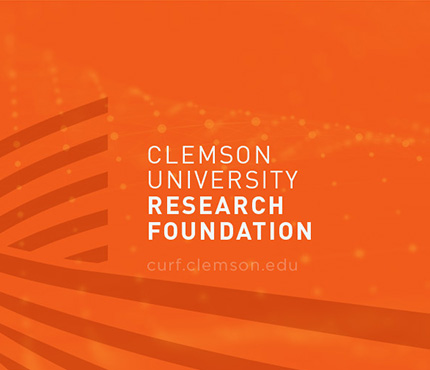Keywords: Environment, Agriculture, Plant Growth, Environmental
Market Overview
This cloned soybean cysteine protease inhibitor gene is involved in plant response to biotic stress and its overexpression in plants leads to enhanced insect resistance. Biotic stresses such as destructive pests and plant diseases cause substantial losses in crop yield and quality. In the U.S. alone, pest-related crop losses are estimated at $33 billion annually. While chemical pesticides are used extensively in the United States, use of these pesticides add tremendously to operational costs and raise serious environmental and health concerns. One of the most important targets for enhancing agricultural production and quality is the resistance to biotic stress. Clemson University researchers have identified a soybean cysteine protease inhibitor gene shown to enhance plant pest and disease resistance. Use of this inhibitor gene would result in better crop yield and quality.
Applications:
Agriculture production
Technical Summary:
Clemson University researchers have cloned a soybean cysteine protease inhibitor gene GmCPI1 from nematode resistant genotype. Transgenic Arabidopsis plants overexpressing GmCPI1 exhibited dramatically enhanced resistance against thrips. Transient essay using soybean root transformation demonstrated that, compared to wild-type control plants, transgenic soybean roots overexpressing GmCPI1 had a 60 percent decrease in nematode infection. This locus-specific new plant cysteine protease inhibitor gene, GmCPI1, demonstrates effectiveness in improving plant pest and disease resistance for better yield and quality, enhancing agricultural production. Future applications of this technology may lead to the reduction in chemical pesticide use and the enhancement of the crop production and quality.
Advantages:
- Enhances plant pest and disease resistance, resulting in better crop yield and quality.
- Can be used to genetically engineer crop species, producing new breeding materials and cultivars.
- Applicable to all crop species.
Technology Overview
State of Development
Ready for field trials
Patent Type
Provisional
Category
Serial Number
61/761,148
CURF Reference No.
2013-029
Inventors
Dr. Hung Luo
For More Info, Contact:
A. Chris Gesswein
E: agesswe@clemson.edu
P: (864) 656-0797
Contact
Latest News from CURF
Stay up-to-date with the latest trends in the innovation and research industry. Sign up for our newsletter to see how CURF is making a difference and impacting the economy where we live.









